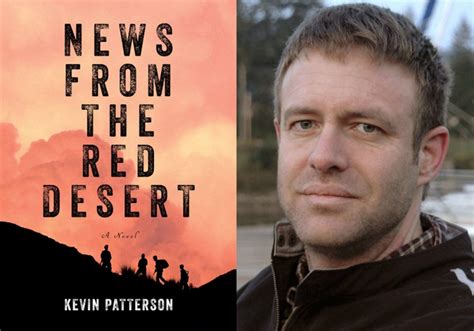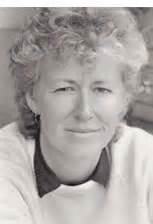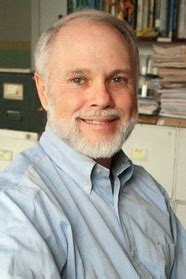A Quote by Kevin Patterson
Mark Helprin and Lawrence Durrell, both of whom write fat and florid novels that appall me now but opened my eyes to the power of fiction when I was in my 20s.
Related Quotes
Sex is hard to write about because you lose the universal and succumb to the particular. We all have our different favorites. Good sex is impossible to write about. Lawrence and Updike have given it their all, and the result is still uneasy and unsure. It may be that good sex is something fiction just can't do - like dreams. Most of the sex in my novels is absolutely disastrous. Sex can be funny, but not very sexy.
My Family and Other Saints echoes Gerald Durrell's classic memoir, My Family and Other Animals, not only in its title, but in its wonderful humor and lyrical prose. Like Durrell, Kirin Narayan takes the reader to a fascinating world far from our own, and brings to life its myriad sights, sounds and smells, while revealing the profound cultural beliefs of its people. India is just the most complex character among a cast of characters-family members, gurus, hippies, and neighbors-all of whom I now count as old friends.
...wrote Lawrence Block. "Someone once told me that fear and courage are like lightning and thunder; they both start out at the same time, but the fear travels faster and arrives sooner. If we just wait a moment, the requisite courage will be along shortly." (quoted from Write for Your Live by Lawrence Block)
I'm a compulsive reader of fiction. I fell in love with novels when I was a teenager. My wife Marilyn and I... our initial friendship began because we are both readers. I've gone to sleep almost every night of my life after having read in a novel for 30 or 40 minutes. I'm a great reader of fiction and much less so of non-fiction.




































